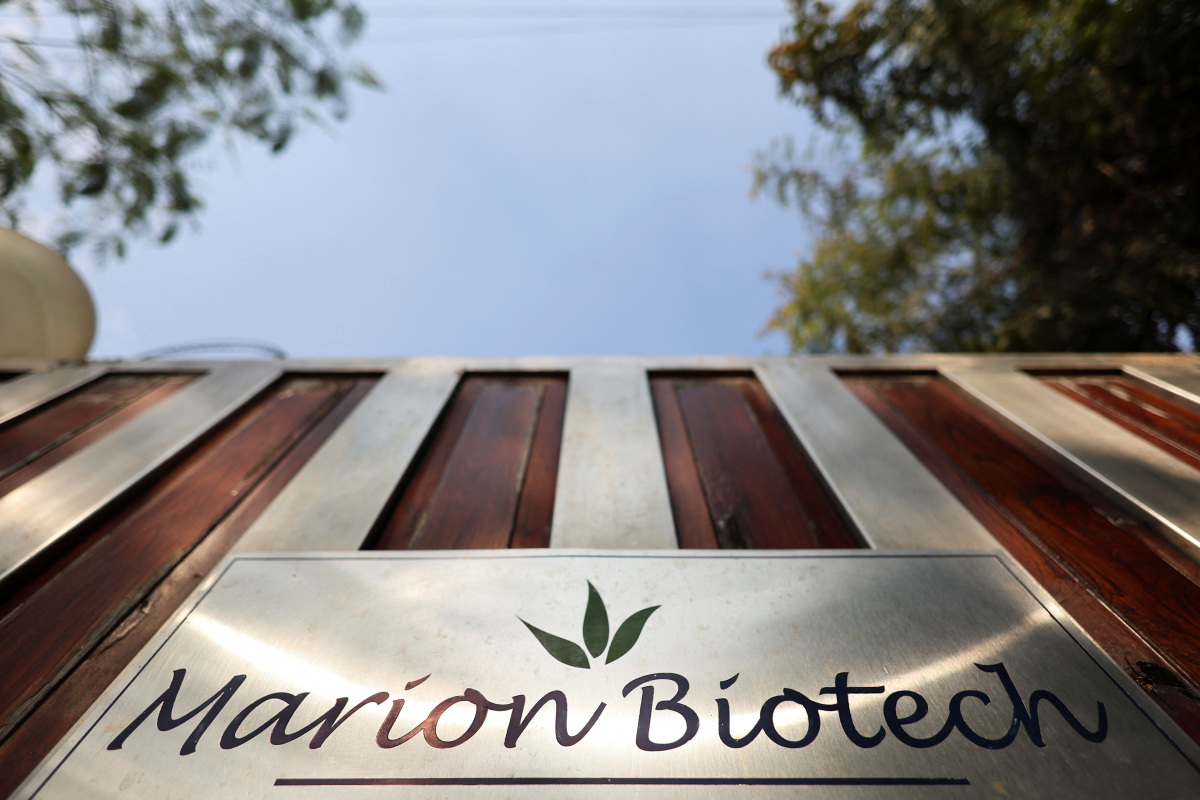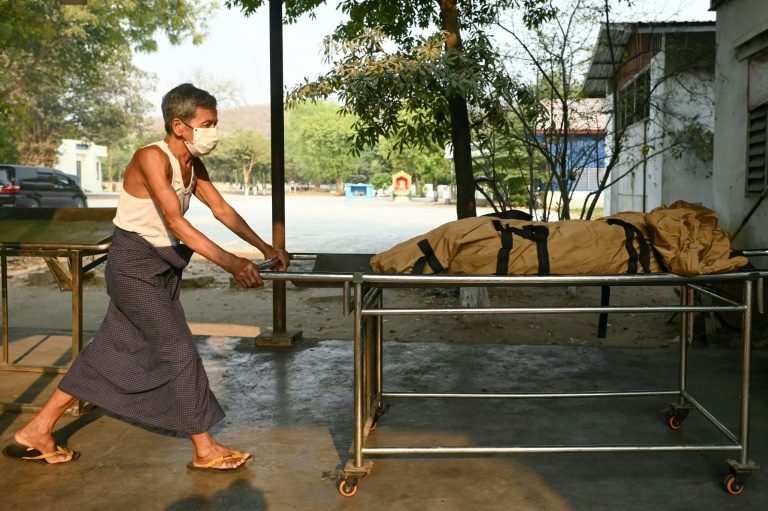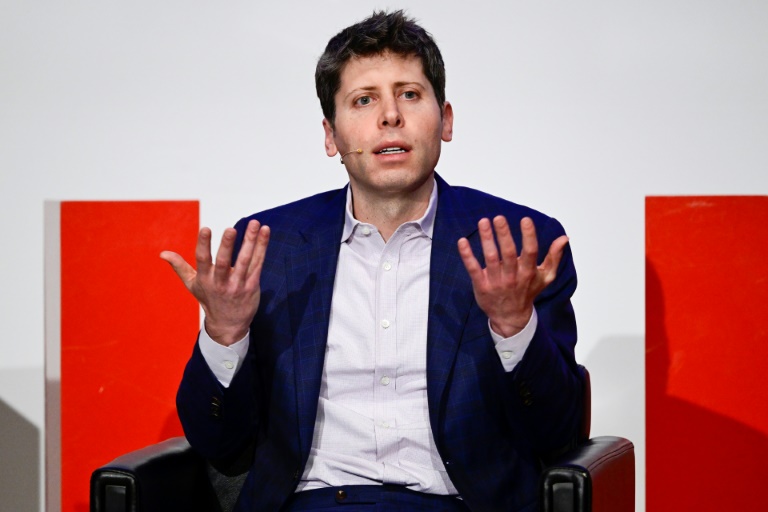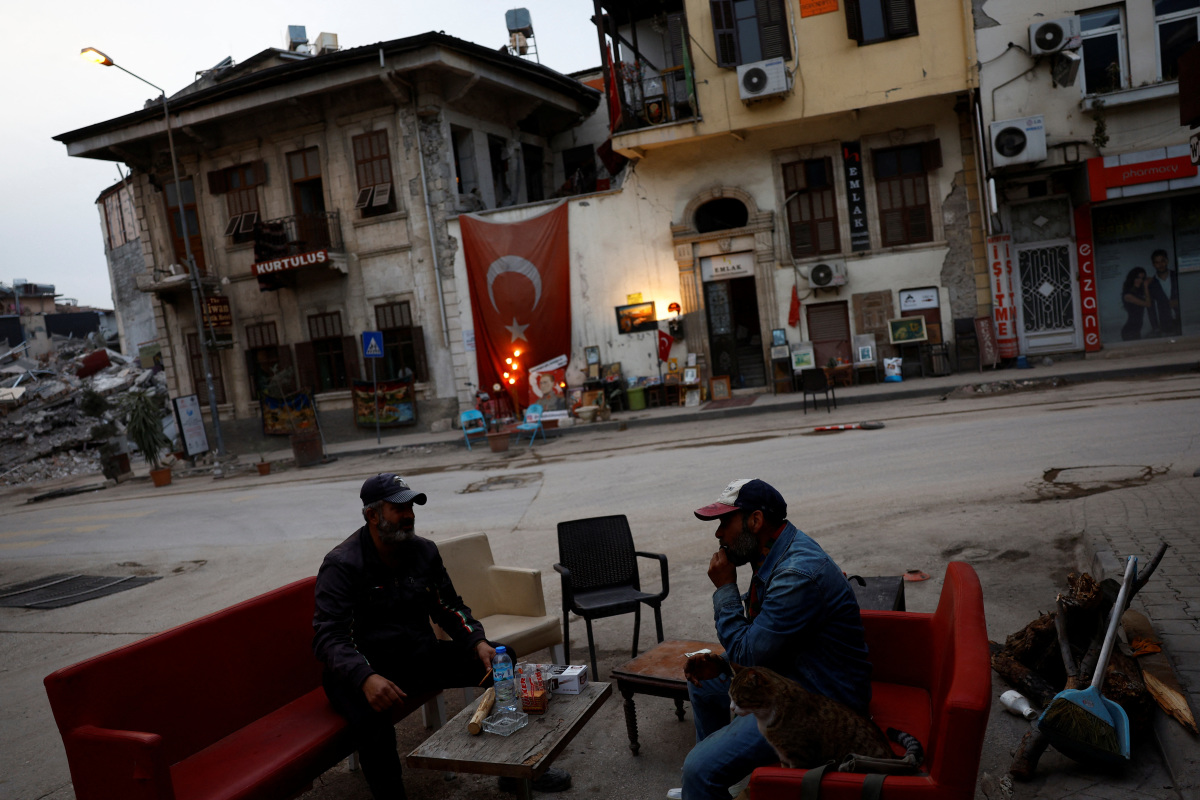Reuters
India may issue an alert on cough syrup exported by Marion Biotech, whose products have been linked to deaths in Uzbekistan, after tests showed many of the company’s drug samples contained toxins, a drug inspector said on Saturday.
Indian police on Friday arrested three Marion employees and are looking for two directors after tests in a government laboratory found 22 of 36 syrup samples “adulterated and spurious”.
New Delhi is pursuing the issue even as the government has pushed back against allegations that cough syrup made by another Indian company, Maiden Pharmaceuticals, led to the deaths of children in Gambia last year.
Vaibhav Babbar, an inspector involved in the Marion probe, told Reuters the samples had been adulterated with ethylene glycol and diethylene glycol – the toxins that the World Health Organization says were found in the products sold by the two companies in the two countries.
As many as 70 children have died in Gambia and 19 in Uzbekistan.
More than 300 children, most under age 5, in Gambia, Indonesia and Uzbekistan died last year of acute kidney injury associated with contaminated medicines, the WHO said in January.
In addition, it said the Philippines, Timor Leste, Senegal and Cambodia might be affected because they may have the medicines on sale. It also called for “immediate and concerted action” among its 194 member states to prevent more deaths.
“Because Marion’s drugs have gone to so many countries, I pray nothing happens elsewhere,” Babbar said. “The health ministry could issue an alert. They may do it. It will be good to issue an alert.”
He said he did not know whether an alert was under active consideration.
An Indian health ministry spokesperson did not immediately respond to requests for comment. Marion did not answer calls from Reuters and did not immediately respond to an email seeking comment.
A government alert would warn people in all countries to take the products off their shelves, though it carries no legal penalty.
Babbar said the drugs had also been exported to Kyrgyzstan and Cambodia.
Babbar has been part of a team that inspected Marion’s plant four times after Uzbekistan said in December the children died after consuming the company’s cough syrups. India suspended Marion’s production soon after.
Analysis by Uzbekistan’s health ministry showed the syrups, Ambronol and DOK-1 Max, were contaminated with unacceptable amounts of diethylene glycol or ethylene glycol, the WHO said in a January medical product alert. The U.N. health watchdog said it was is important to detect and remove these substandard products from circulation.
The syrups were administered in doses higher than the standard for children, either by parents mistaking the product for anti-cold remedies or on the advice of pharmacists, according to the analysis.
India in October suspended production at Maiden for violating manufacturing standards after the WHO said four of its cough syrups may have killed dozens of children in Gambia.
Maiden has denied that its drugs were at fault for the deaths in Gambia, and tests by an Indian government laboratory found no toxins in them.
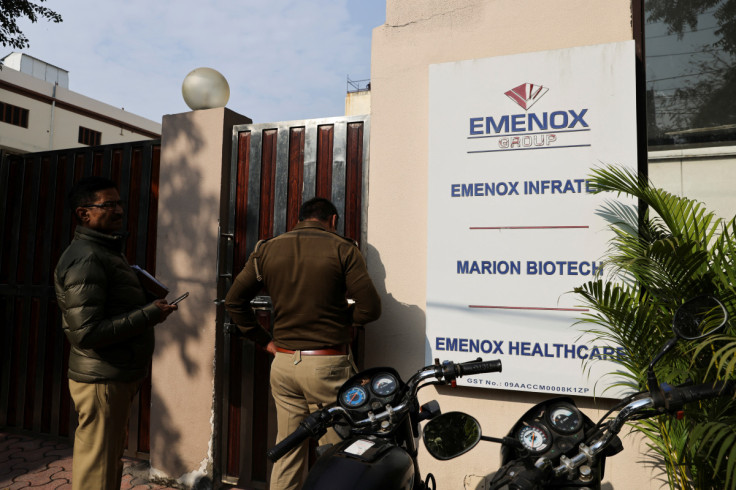
Reuters

